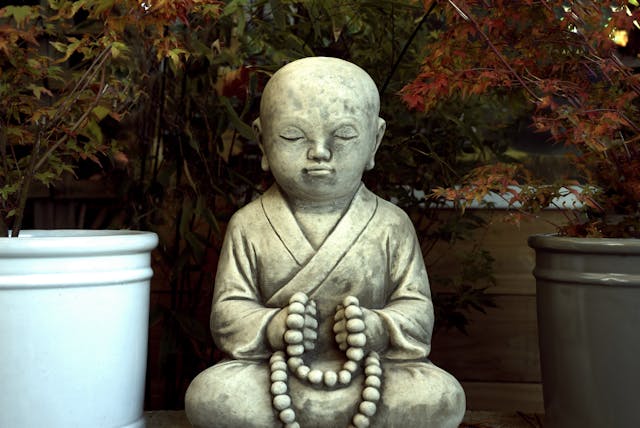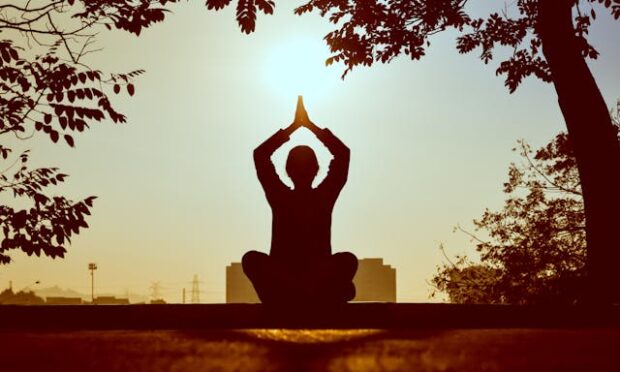
In a world filled with chaos and distractions, finding moments of peace can feel elusive. Meditation, an ancient practice with roots in various spiritual traditions, has emerged as a powerful tool for achieving inner calm and mental clarity. This post will delve into the art of meditation, exploring its benefits and offering practical techniques to help you cultivate a peaceful mind.
The Benefits of Meditation
- Stress Reduction: Numerous studies have shown that meditation significantly reduces stress levels. According to the Mayo Clinic, mindfulness meditation can help manage anxiety and promote a sense of calm. By focusing on the present moment, you can reduce the grip of stressors on your mind and body.
- Enhanced Focus and Concentration: Regular meditation practice improves attention span and concentration. A study published in the journal Cognitive, Affective, & Behavioral Neuroscience found that individuals who practiced mindfulness exhibited better cognitive flexibility and attention control .
- Improved Emotional Well-Being: Meditation fosters a greater sense of emotional well-being. Research indicates that mindfulness practices can increase positive emotions and decrease depressive symptoms, contributing to overall mental health. The Greater Good Science Center highlights how meditation enhances self-awareness and emotional intelligence .
- Better Sleep: For those struggling with insomnia or restless nights, meditation can be a helpful remedy. A study published in JAMA Internal Medicine found that mindfulness meditation improved sleep quality and helped participants fall asleep faster .
Techniques for Effective Meditation
- Mindfulness Meditation: This technique involves focusing your attention on the present moment without judgment. Start by observing your breath, noticing how it feels as you inhale and exhale. If your mind wanders, gently bring your focus back to your breath.
- Guided Meditation: Many people find it easier to meditate with guidance. Various apps and online platforms offer guided sessions that lead you through the process. You can explore resources like Headspace or Calm for guided meditation sessions tailored to different needs.
- Loving-Kindness Meditation (Metta): This practice involves generating feelings of compassion and love towards oneself and others. Begin by silently repeating phrases like “May I be happy, may I be healthy, may I be safe,” and then extend those wishes to loved ones and even those you find challenging.
- Body Scan Meditation: This technique involves focusing on different parts of your body, releasing tension, and promoting relaxation. Lie down comfortably, close your eyes, and gradually direct your awareness to each part of your body, starting from your toes up to your head.
Creating a Meditation Space
To enhance your meditation practice, creating a dedicated space can be beneficial. Here are a few tips:
- Choose a Quiet Area: Select a space free from distractions where you feel comfortable.
- Add Personal Touches: Decorate your meditation space with items that inspire peace, such as candles, plants, or artwork.
- Use Comfortable Seating: Whether it’s a cushion, chair, or yoga mat, ensure your seating is comfortable to facilitate relaxation.
Conclusion
The art of meditation is a powerful practice that can lead to profound changes in your life. By incorporating meditation into your daily routine, you can cultivate inner peace, improve emotional well-being, and enhance your overall quality of life. Start with just a few minutes a day and gradually build your practice—your mind and body will thank you.
For further reading on meditation techniques and benefits, check out the following links:
- Mayo Clinic – Meditation: A Simple, Fast Way to Reduce Stress
- Greater Good Science Center – The Science of Mindfulness
- JAMA Internal Medicine – Mindfulness Meditation for Insomnia
By embracing meditation, you can embark on a journey towards greater self-awareness and tranquility. Happy meditating!















Be the first to leave a comment